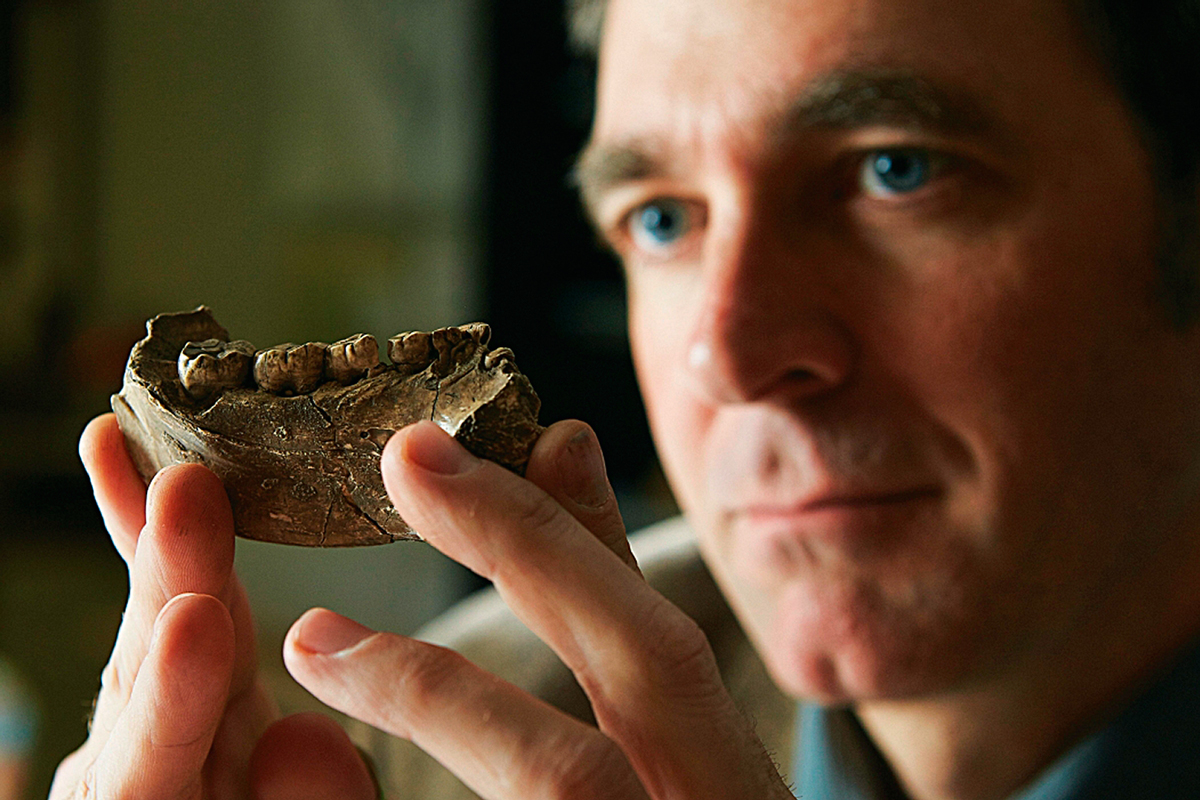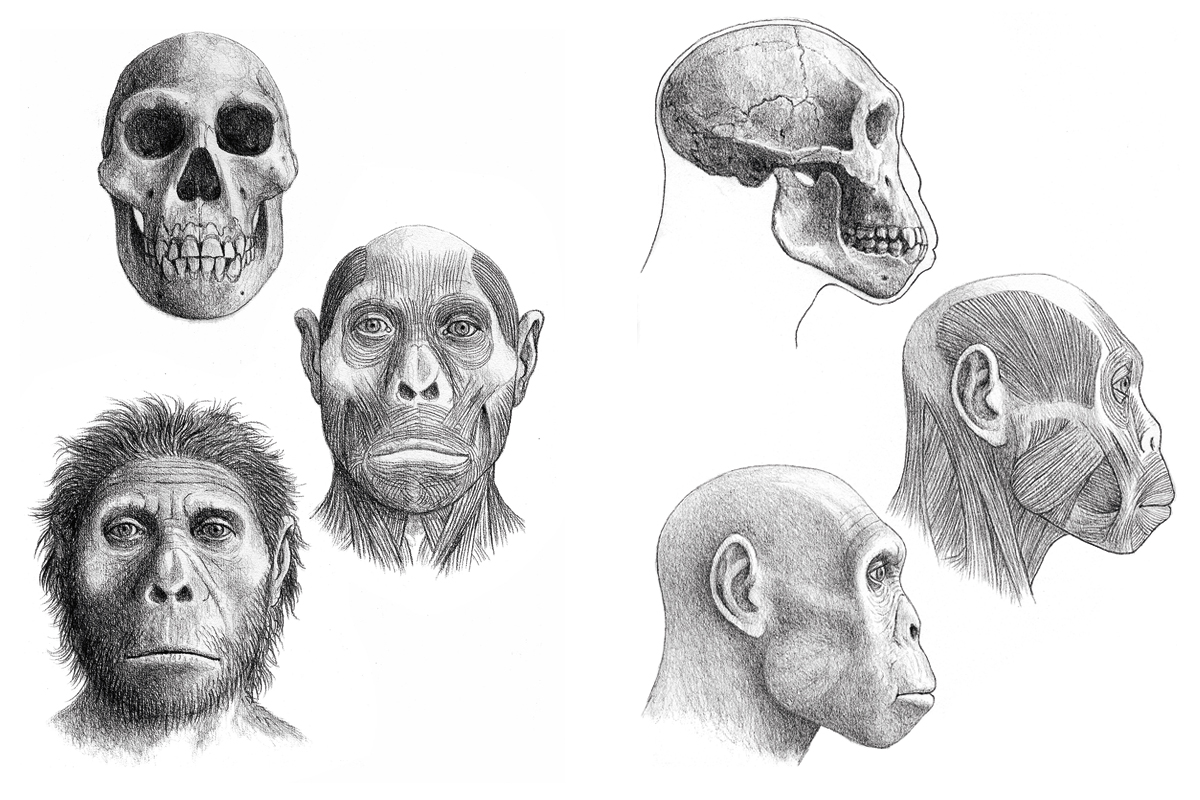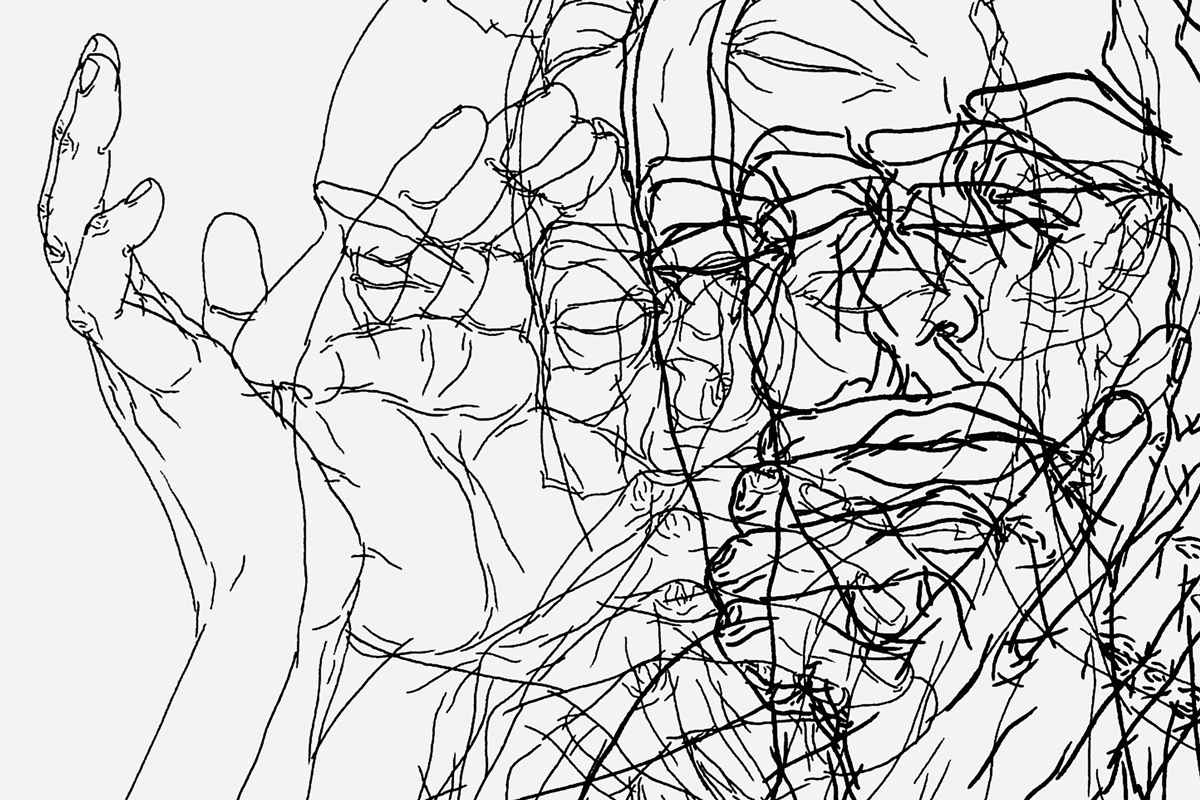Search
Jordi Agustí
ICREA Research Professor at the Catalan Institute of Human Paleoecology and Social Evolution (Rovira i Virgili University of Tarragona, Spain). As a palaeontologist, his research activity focusses on the evolution of fossil mammal communities over the last ten million years and he has published more than two hundred papers within this specialisation, most of them in international scientific journals. He has directed several European research projects, as well as palaeontological campaigns in Libya and Georgia. In the latter, he is part of the international team at the Dmanisi site. Some of his most noteworthy works are La evolución y sus metáforas (Tusquets, 1994), Mammoths, sabertooths, and hominids (Columbia University Press, 2002), Fósiles, genes y teorías (Tusquets, 2003), La gran migración (Crítica, 2011), Los primeros pobladores de Europa (RBA, 2012), Alicia en el país de la evolución (Crítica, 2013) and La sonrisa de Leonardo (RBA, 2015).
Recent paleoanthropological evidence from the early Pleistocene site of Dmanisi in Georgia has revealed that the first hominins out of Africa were more archaic than the coeval African and Asian Homo erectus.



